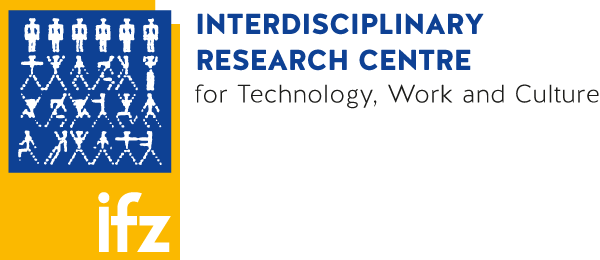Genetic Testing
This project aims to investigate empirically the diffusion of genetic testing in Austrian medical practice, and the way that test results confront people with their own „genetic identity“.
BMBWK, Research project within the Accompanying Research Programme ELSA within the Austrian Genome Research Programme GEN-AU.
2006 - 2009
- Department of Research on Science and Technology of the Faculty for Interdisziplinary Studies (IFF) at the Alpen-Adria-Universität Klagenfurt (coordinator: Ao.Univ.-Prof. Dr. Wilhelm Berger)
- Centre for Economic and Social Aspects of Genomics (CESAGen) at Lancaster and Cardiff Universities
- W. Maurice Young Centre for Applied Ethics (CAE) at University of British Columbia, Vancouver
- Institute of Medical Biology and Human Genetics at Medical University of Graz;
- Institute for Soziologie (IfS) at TU Berlin.
Our project will show how ethical issues shift when new diagnostic procedures are developed and their application is re-organized. The role of screening programmes and technological innovation is of particular interest. We will also analyze the role of non-genetic methods in identifying genetic anomalies. In a subsequent step, we will study discursive processes where the introduction of screening programmes take place and which (ethical) problems are debated in this context. Thirdly, we will investigate in which contexts questions of identity, responsibility and way of life are provoked and re-articulated in genetic terms. In particular we will investigate how ethical reflection is part of identity constructions, in which social contexts they are articulated and what kind of gender differences can be observed here.
We take as our theoretical standpoint “actor-network-theory” of Callon and Latour and will also draw on governmentality studies in order to address the social implications of a health policy that aims at the individual. We will deal with the concrete consequences of genetic testing. Thus, the effects that come to the foreground are an issue for today and not just for a speculative future. Working with diagnosed individuals and their families, we will shed light on their needs. In this way we expect to enrich the discussion on the application of genetic tests as means of a preventive health policy. Ultimately we want to provide a wider understanding of genome research and share this understanding with others, the users of genetic testing, the makers of health policy and those affected by their decisions.
